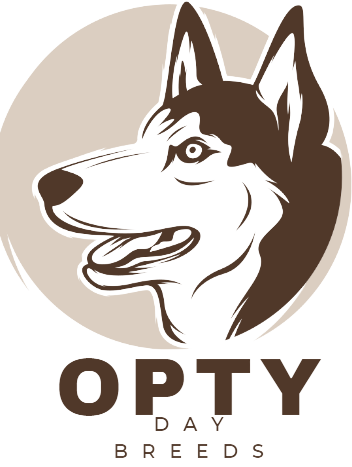Are you in search of a distinctive, impressive-looking canine companion, one that embodies affection and sweetness without the hyperactivity? Look no further – the Borzoi might be the perfect match for you. Formerly known as the Russian Wolfhound, this breed boasts a regal appearance, marked by a long snout and a silky coat, combined with a gentle and friendly demeanor.
The Regal Borzoi: A Brief Introduction Once the cherished companions of Russian nobility, Borzoi dogs have a regal history and a unique charm. This large breed, standing about 28 inches tall for males and slightly smaller for females, exhibits an affinity for moderate activity – a nice, long walk or a spirited sprint around the yard suffices. However, caution is advised around small animals, as Borzois, being sighthounds, possess a natural instinct to chase.
Caring for a Borzoi: A Balance of Affection and Activity Contrary to their majestic appearance, Borzois are not high-maintenance and can thrive on low-key companionship. While they enjoy affection and cuddles, they are not fans of rough play. Surprisingly adaptable to apartment living, these dogs appreciate simple games like tug-of-war and are known to be goofballs at heart. Regular long walks and runs in a secured area are essential to keep them happy and healthy, but beware of letting them off-leash in public spaces due to their strong hunting instincts.
Health Matters: What to Watch For Despite their overall good health, Borzois are susceptible to specific health issues. Bloat, or gastric dilatation-volvulus (GDV), poses a significant risk, and vigilance is required for symptoms such as restlessness, distended stomach, and dry heaving. Borzois are also sensitive to anesthesia, requiring careful consideration during medical procedures. Joint issues like hip and elbow dysplasia, as well as osteochondritis dissecans (OCD), may arise, emphasizing the importance of regular exercise and weight management. Additionally, Borzois can develop progressive retinal atrophy (PRA), an inherited eye condition leading to blindness.
Feeding Your Borzoi: Quality Matters A high-quality, AAFCO-approved dry dog food is recommended for Borzois. Despite their large size, overfeeding should be avoided to prevent health concerns, including bloat. Consulting with a veterinarian for portion control and nutritional advice tailored to your Borzoi’s health and lifestyle is advisable.
Behavior, Training, and Grooming: Unveiling the Borzoi’s Personality Borzoi dogs exhibit a sweet, friendly demeanor, making them excellent companions for individuals of all ages, including children. Shyness around new people can be overcome through early socialization. Obedient and intelligent, Borzois respond well to positive reinforcement training methods. Engaging in various activities, such as tug-of-war, fetch, agility, and scent work, ensures mental stimulation and happiness. Grooming involves regular brushing to manage their luxurious coats and attention to their eyes, ears, and skin.
Considerations for Prospective Pet Parents: Lifestyle and More Before welcoming a Borzoi into your home, consider your lifestyle, living arrangements, and commitment to grooming. While they adapt well to apartment living, access to a secured yard is beneficial. Regular exercise, grooming, and socialization contribute to a healthy and happy Borzoi.
FAQs: Answering Your Borzoi Questions
- How much does a Borzoi puppy cost? Prices vary but typically range from $1,500 to $5,000.
- How rare is a Borzoi? Borzois are considered a rare breed in the U.S., ranking 101st in popularity according to the American Kennel Club.
- How long do Borzois live? The typical Borzoi lifespan is 9 to 14 years.
In conclusion, the Borzoi is more than an elegant and rare breed – it’s a loyal companion, blending grace with a gentle spirit. If you seek a canine friend that embodies both regality and sweetness, the Borzoi might just be the perfect addition to your life.



